There are visual signs that a horse is underweight and to varying degrees. The ribs can be easily seen and felt, tail head is quite prominent, a ridge down the back and prominent back bone, bones in the neck may be quite easy to see.
Some reasons for poor condition:
- There may be dental issues indicated by dropping feed while chewing, facial swelling, weight loss, bad smelling breath. Consult an Equine dentist.
- The horse may have a parasite infestation which is indicated by a dull coat, itchy tail head and a reduced appetite. There are a wide range of worm medications available in the fodder store and consider pasture management and faecal egg counts.
- Stress can be a factor in weight loss and is expressed by pawing, chewing and biting, fence or stable walking. To reduce stress, increase social contact and time out in pasture, consider small frequent feeding throughout the day, access to more roughage.
- Disease or illness can interfere with weight gain and a horse’s appetite as well as affect the nutrient absorption in the digestive system. Consultation with a vet may be beneficial.
- Gastric ulcers can cause discomfort, poor appetite and weight loss. There may also be an attitude change in the demeanour of the horse. Some strategies include more free access to pasture and hay, more frequent smaller meals or feeding a small amount of lucerne 30 min before exercise acting as a buffering to gastric acid. Vet treatment for the ulcer.
- Sounds obvious but it may be a result of not having enough feed. Just like humans, some horses have a faster metabolism and need a higher calorie intake to maintain weight and energy. Adhere to feeding recommendations if using a pre-packaged bagged feed, don’t underestimate the size, weight and nutrition needs of your horse. ‘Poor Doers” may have difficulty keeping weight on and easily lose weight especially as the weather turns cold, necessitating the use of a rug during colder times of the year.
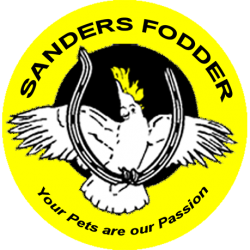

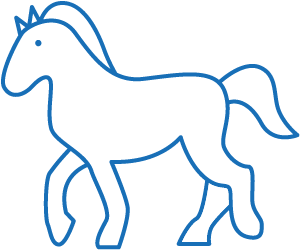
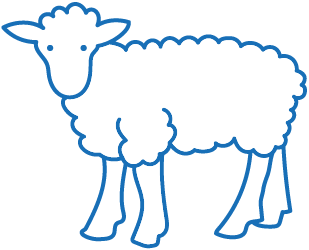
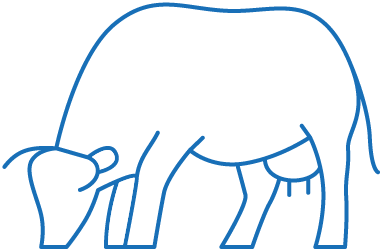
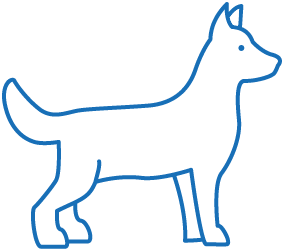
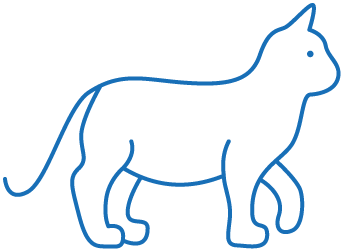
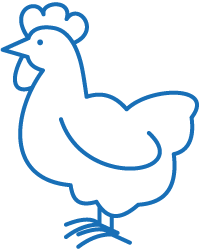
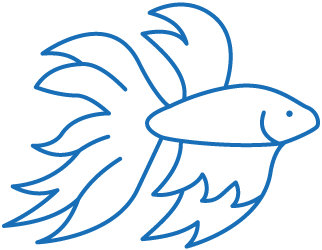
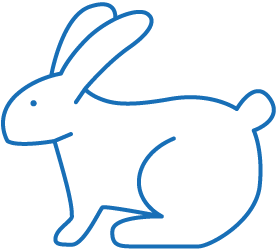
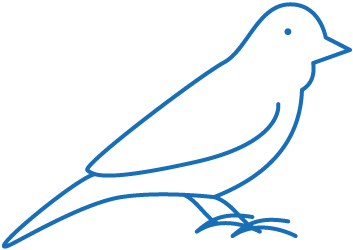
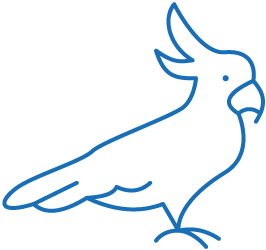
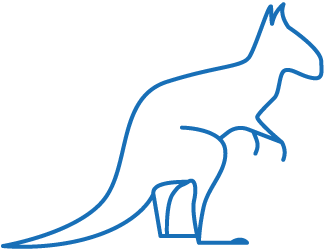
Uncle Alber's special price, get in quick!
#dogfood #chalkboardspecials ... See MoreSee Less
0 CommentsComment on Facebook
Carrots 🥕🥕🥕
Liking Caleb's artistic skills 😊
#chalkboardspecials ... See MoreSee Less
0 CommentsComment on Facebook
LAST DAYS of our Tuckers catalogue sale
ends tomorrow 1.30pm
www.sandersfodder.com.au/catalogues/tuckers-winter-catalogue-3/
#cat #dog #horse #pet #garden #farm #chalkboardspecials ... See MoreSee Less
0 CommentsComment on Facebook
Last week of our catalogue sale - ends June 22nd
www.sandersfodder.com.au/catalogues/tuckers-winter-catalogue-3/ ... See MoreSee Less
0 CommentsComment on Facebook
Get onto those weeds now
Spray equipment in store
#weedsprayers #herbicides #chalkboardspecials ... See MoreSee Less
0 CommentsComment on Facebook